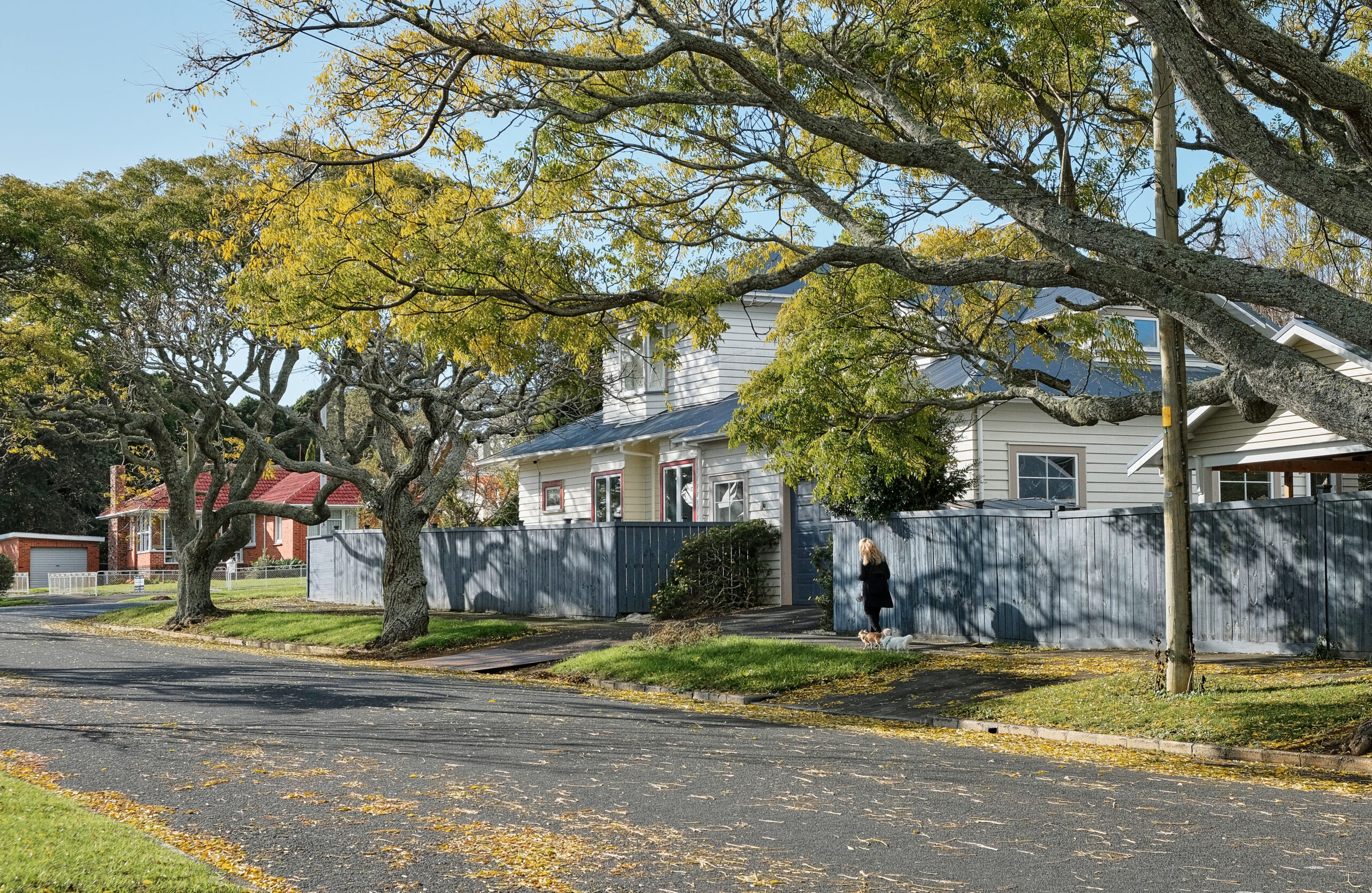If you already own a home and have decided it’s time to move, you’re likely to be faced with a dilemma. Is it better to sell the existing property first, or better to purchase the new house first?
Buying or selling a property is stressful, no matter what angle you come at it. Buying your second (or third) house often isn’t much easier than your first – and looking to sell your home at the same time only adds another layer of complexity.
When it comes to selling first or buying first, there’s no ‘right’ way to tackle it, but it’s important for you to think carefully about your appetite for risk. Both options come with pros and cons, and their own unique set of challenges and pressures.
Buying first
Buying first gives you the luxury of time. You’re free to hunt for homes, without a settlement date looming on the horizon. You’re able to consider as many houses as you like, you can move at your own pace and you can keep searching until you find the property that’s right for you. While time might be on your side, your finances might not be. To secure the new home, you’ll need to come up with the funds for a deposit, which might be tricky if your equity is tied up in your existing house.
If you’re planning to buy first, you can make the sale of your existing property a condition of your offer. While this takes the pressure off, it may also make your offer less attractive to a seller. A good compromise may be to try to negotiate a longer settlement when you buy the new house, which will give you more time to sell.
Even so, it’s unlikely the settlement dates will align perfectly so you need to consider what will happen during any crossover period. Buying first means you may suddenly have double the bills to pay, including home insurance, rates and utility bills, as well as absorbing the cost of bridge financing in order to pay two mortgages. The extra financial strain can sometimes mean sellers pressure themselves into setting a modest listing price for their existing house or accepting a lower offer, just to seal the deal quickly.
Selling first
On the flip side, selling first can give you a much clearer picture of your financial situation. You’ll know exactly how much cash you have to play with and what you can afford to buy. However, once you’ve accepted a buyer’s offer, the clock starts ticking towards settlement day. You may feel added pressure to make an offer on a property that doesn’t exactly fit your needs or wishlist, because you’re so focused on finding a new place to move into. To avoid this, try to negotiate a long settlement period on your own house, to give yourself some breathing room and time to find a new property. Ask your real estate agent and lawyer for advice on how to do this. Because you’re the seller, you get to set the terms and conditions for your sale process.
When you do find the property you want to purchase, it can take longer than you might anticipate to reach settlement on it, which means you may have an unspecified period between exiting your last house and moving into your new one. This can be particularly tough for people with children and pets, so consider what your plan B will be. In a tight rental market, it can be very challenging to find short-term accommodation, especially when you aren’t sure how long you’ll need to live there. Do you have family or friends you could stay with? You’ll also need to consider the added costs of moving your belongings twice and paying for a storage unit while you’re between properties.
Before you get started
There are pros and cons to both approaches but ensuring that all your ducks are in a row before you start down this road will help lighten the load. There are steps you can take to prepare both yourself and your property.
Write up your wishlist. Identify your must-haves, such as a minimum number of bedrooms or being in a particular school zone. Do you truly understand why it is you want to move and what you’re looking for in your new home?
Get your finances in order. Speak to your bank or a mortgage advisor, so you have a strong idea of your financial position before you take the next step.
Build your support crew. You’re going to want legal advice, a licensed real estate agent to sell your house, an insurer and a building inspector.
Prepare your home for sale. Tackle all those jobs around the house that have needed doing all year – trim those overhanging branches, replace the broken letterbox and repaint the scratched front door.
As your home is likely to be your biggest asset, it’s important to prepare for some hiccups along the way and have time or extra funds set aside to deal with these. Building a strong support crew of qualified professionals will ensure you have the advice and guidance you need at each stage of the process.


